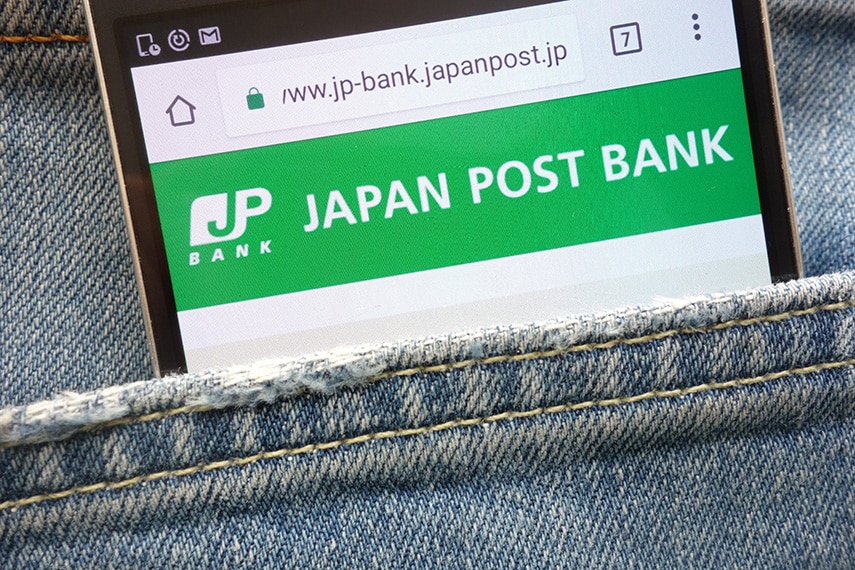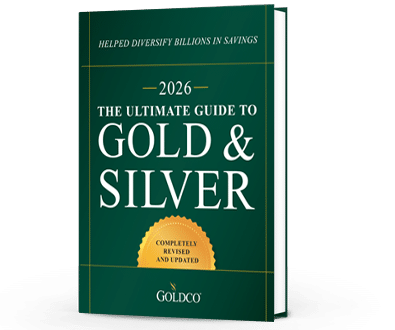Starting a Gold IRA: What You Need to Know
People choose to start a gold IRA for a number of different reasons Some are looking to help safeguard themselves against stock market instability Others are trying to help safeguard their wealth...
Retirement

The current stock market bull market has been fueled by the massive amounts of money pumped into world economies by central banks around the world. All that money had to go somewhere, and it has finally ended up in stock markets. To a large extent the continuing bull run is the result of stock buybacks on the part of US corporations. Those corporations have taken advantage of low interest rates to issue massive amounts of debt, then used the receipts from those debt sales to buy back their stocks. But who is buying all that debt?
One company, Japan Post Bank, owns nearly $600 billion of foreign corporate bonds. That company, majority-owned by the Japanese government, has therefore been bankrolling numerous US corporations and allowing them to issue debt and buy back stocks. The bank itself has often been called the world’s largest savings bank.
The Japanese have a reputation for having a high savings rate, and many risk-averse Japanese citizens choose to deposit their money at Japan Post Bank. Thus American companies are benefiting from the high savings rate of Japanese citizens. But what happens when Japanese citizens have no more to save? Or what happens when Japanese retirees decide to withdraw their savings and the bank is forced to sell that debt in order to satisfy those withdrawals?
This example highlights the convoluted nature of international finance and the fact that, even though the Federal Reserve plays a huge role in the performance of stock markets in the US, other central banks play a similarly important role. No matter what the Federal Reserve does this week, what the Bank of Japan continues to do or not do could play a similarly important role too.
For investors looking to find out which may markets will move in the future, they need to pay attention to the behavior of all central banks, not just the Fed. While the Bank of Japan may want to engage in further easing, it is facing increasing difficulty finding high quality assets to keep on its balance sheet. Central banks can’t continue buying stocks and bonds ad infinitum, as that would completely destroy markets. So there will come a time at which point central banks throw in the towel. They’ll realize that they can’t keep buying up debt that they’ll never be able to get off their balance sheets. And that’s when the music will end.
That day won’t be very far off, and in the end it’ll likely be political considerations rather than economic ones that result in that happening. Positioning yourself now by investing in gold ahead of the coming market crash will be the best way to ensure that when the day of reckoning finally occurs, your retirement savings will remain safe and secure.

